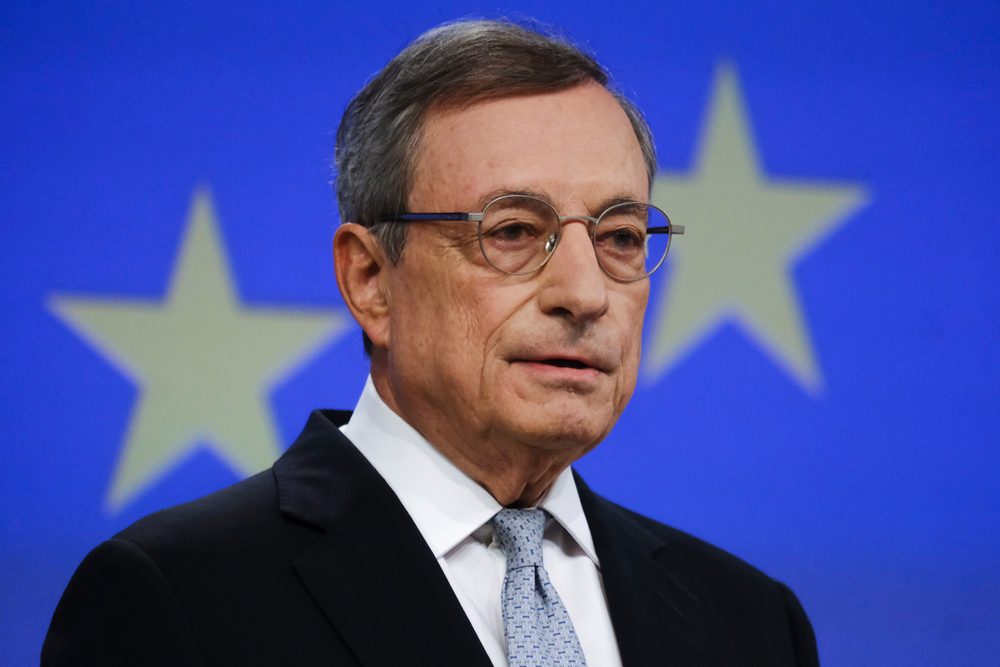Executive Summary
The Story So Far
Why This Matters
Who Thinks What?
Former European Central Bank chief Mario Draghi issued a stark warning in Brussels on Tuesday, stating that the European Union is significantly lagging behind the economic transformation speeds of the United States and China. Speaking at a conference one year after presenting his comprehensive assessment, Draghi emphasized the urgent need for immediate action to prevent Europe’s competitive position from further decline, citing growing global challenges.
Draghi’s Urgent Call for Action
Draghi articulated that European citizens are increasingly disappointed by the perceived slowness of EU initiatives, observing the bloc’s inability to match the pace of change seen in other major global economies. He stressed that continued inaction, often justified by excuses, would inevitably lead to Europe falling further behind its rivals.
The former Italian leader called for concrete results to be delivered within months, rather than years, to address these critical issues. He warned that a “business as usual” approach would be tantamount to resigning the EU to a diminished global standing.
Growing Challenges and Dependencies
A year after his initial report, Draghi highlighted that Europe’s economic challenges have intensified, particularly due to shifting global trade dynamics since President Donald Trump took office. He pointed to escalating trade tensions, high public debt among member states, and the EU’s excessive dependencies on other countries as critical vulnerabilities.
These factors, Draghi argued, have painfully demonstrated that a failure to act decisively threatens not only Europe’s economic competitiveness but also its sovereignty on the global stage.
EU Commission’s Perspective
Speaking at the same conference, EU chief Ursula von der Leyen acknowledged the imperative for faster action in response to current economic pressures. However, she also defended the achievements of her administration, citing progress in areas such as artificial intelligence regulation and increased defense spending.
Von der Leyen also noted efforts toward bureaucratic simplification for businesses. She specifically criticized the European Parliament for what she described as slow progress in approving the European Commission’s initiatives aimed at reducing administrative burdens.
The EU chief underscored that urgent needs demand urgent action, asserting that European companies and workers can no longer afford to wait for necessary reforms. Her remarks echoed a sense of urgency, albeit from a perspective of defending ongoing efforts while pushing for quicker implementation.
A Critical Juncture for the EU Economy
The exchanges between Draghi and von der Leyen underscore a critical juncture for the EU economy, highlighting a shared understanding of the challenges but differing perspectives on the pace and effectiveness of current responses. The calls for swift and decisive action reflect a growing urgency to address structural issues and adapt to a rapidly evolving global economic landscape.








